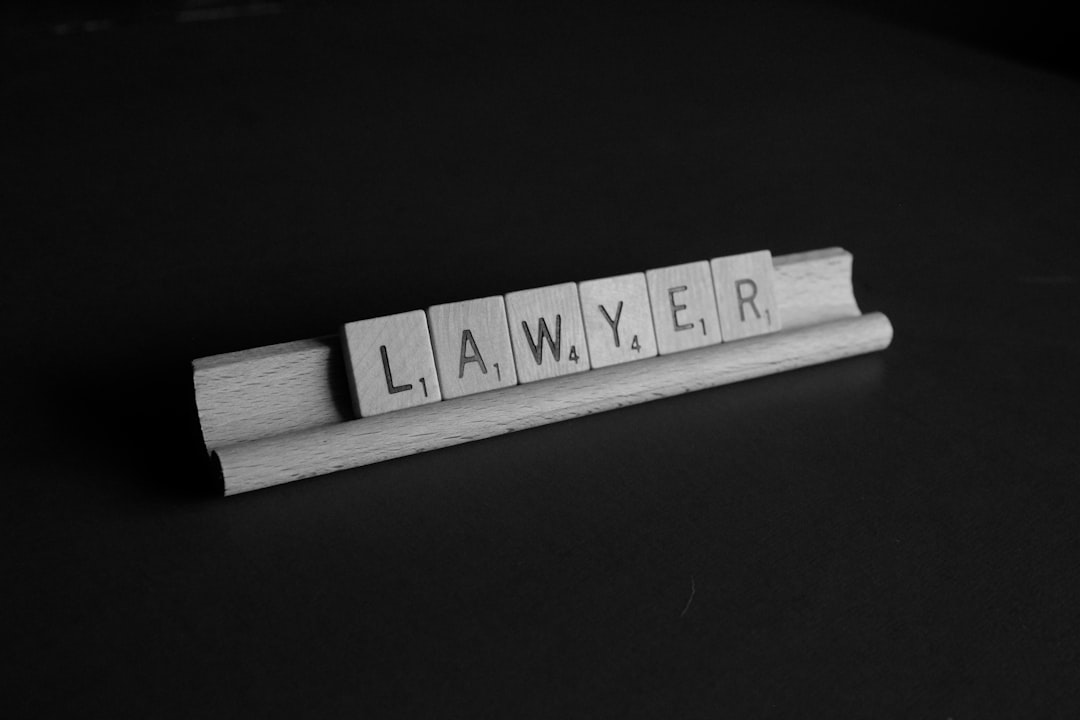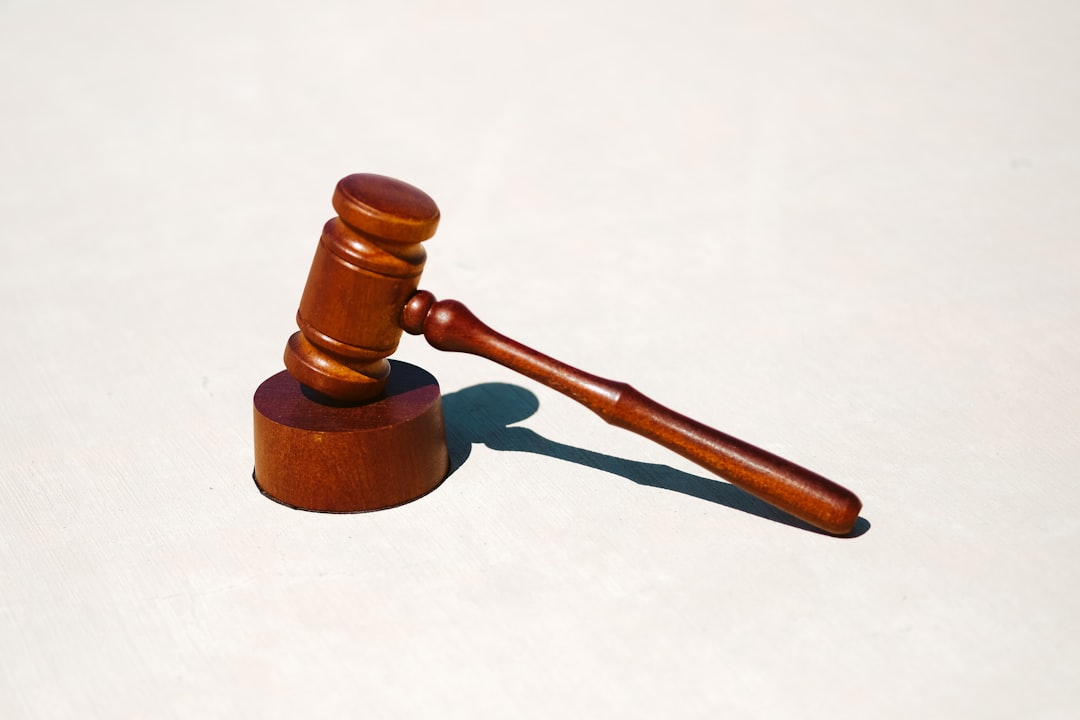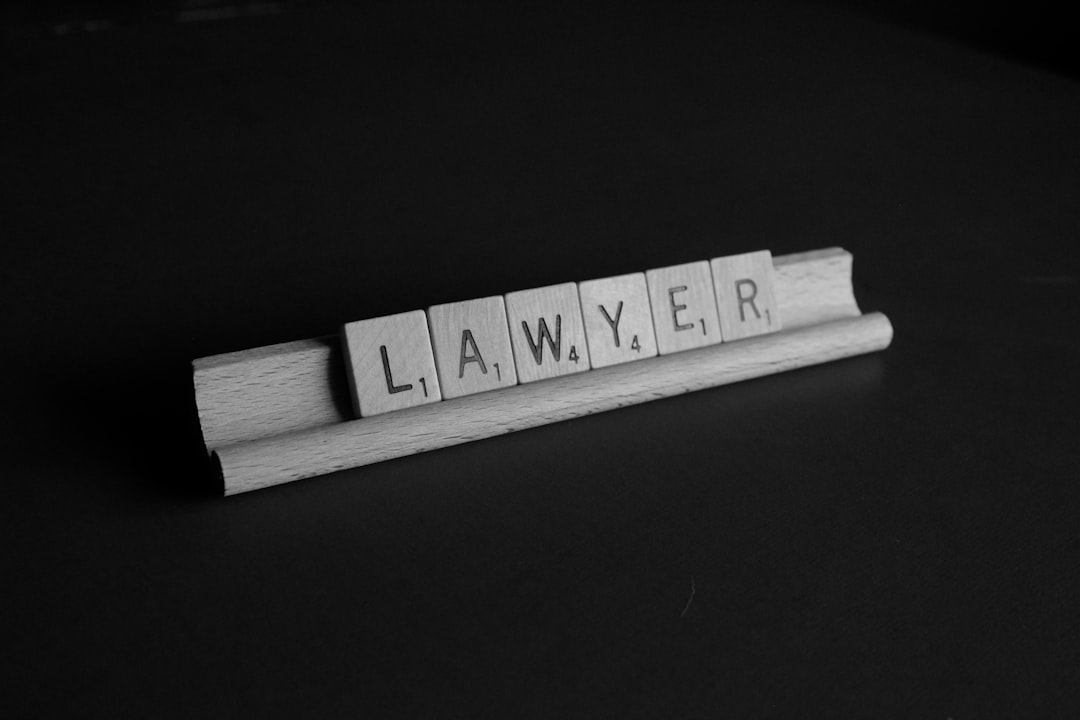California schools have strict legal obligations to protect students from sexual abuse through specific policies and procedures outlined in state law and Title IX. This includes comprehensive training for staff, thorough background checks, clear reporting protocols, and support services for victims and perpetrators. Engaging a school abuse attorney helps ensure compliance with these regulations, while also providing guidance for victims seeking justice and compensation.
In California, the prevention of sexual abuse in schools is a critical concern with far-reaching legal implications. This comprehensive guide explores the legal obligations of California schools to safeguard students from sexual exploitation. From understanding the stringent legal framework to implementing effective reporting and response protocols, this article delves into best practices for school administrators and educators. We also discuss the role of training and highlight the importance of holding schools accountable through legal recourse, emphasizing the critical support of a school abuse attorney in California.
Legal Framework for California Schools

In California, schools have a legal obligation to create and enforce policies that prevent and respond to sexual abuse. The state’s robust legal framework provides guidelines for K-12 public schools and colleges to ensure student safety. This includes requirements for reporting, investigation, and education aimed at fostering a secure learning environment. School administrators must stay informed about these laws, which are designed to protect students from various forms of sexual misconduct, including assault, harassment, and exploitation.
A key component is the adherence to California Education Code, which mandates specific procedures for handling incidents involving student-on-student or staff-related abuse. Schools must also comply with Title IX of the Education Amendments Act of 1972, prohibiting sex discrimination in education programs. For instance, a school abuse attorney in California can guide institutions on implementing effective training programs, conducting thorough background checks on employees, and establishing clear protocols for student reporting and support.
Reporting and Response Protocols

California schools have a legal obligation to maintain safe learning environments, which includes implementing robust reporting and response protocols for sexual abuse. These protocols should be clearly communicated to students, parents, and staff, ensuring everyone understands the steps to take if they witness or experience any form of sexual misconduct. A school’s prompt and thorough response can significantly impact the outcome for victims and deter future incidents.
A reliable system should involve designated staff members trained in handling such cases sensitively and effectively. This includes conducting immediate investigations, gathering evidence, and ensuring the safety and well-being of all parties involved. Moreover, schools must cooperate with law enforcement when necessary, while also providing support services to victims and perpetrators to address the psychological impacts of school abuse. Engaging reputable legal counsel specializing in school abuse cases can help institutions navigate these complex protocols and ensure compliance with California’s stringent regulations.
Training Obligations & Best Practices

California schools have a legal obligation to prevent and address sexual abuse, and this includes implementing comprehensive training programs for staff and administrators. Training should cover recognition and reporting of potential abuse, as well as best practices for creating a safe learning environment. It’s crucial that educators are equipped with the knowledge to identify signs of abuse, understand child development, and know the appropriate steps to take when concerns arise.
Best practices include regular workshops and seminars led by qualified school abuse attorneys or experts in child protection. These sessions should focus on updating policies and procedures, discussing recent legal precedents related to school abuse cases, and providing practical guidance on handling sensitive situations. By fostering a culture of awareness and proactive measures, California schools can better protect their students from sexual abuse and ensure the well-being of the entire student body.
Holding Schools Accountable: Legal Recourse

In cases of school abuse, it’s crucial for victims and their families to understand their legal rights and options. If a California school failed in its duty to prevent or stop sexual abuse on campus, holding them accountable is possible through legal recourse. Engaging the services of a skilled school abuse attorney in California can provide the necessary guidance and support. These attorneys specialize in navigating complex laws and regulations related to educational institutions and ensuring that victims receive the justice and compensation they deserve.
Legal actions against schools for negligence or violation of students’ rights can serve as a powerful deterrent, encouraging educational institutions to uphold their legal obligations more rigorously. A successful lawsuit not only offers financial relief to the victim but also raises awareness about the importance of safeguarding students from abuse within the school system.






